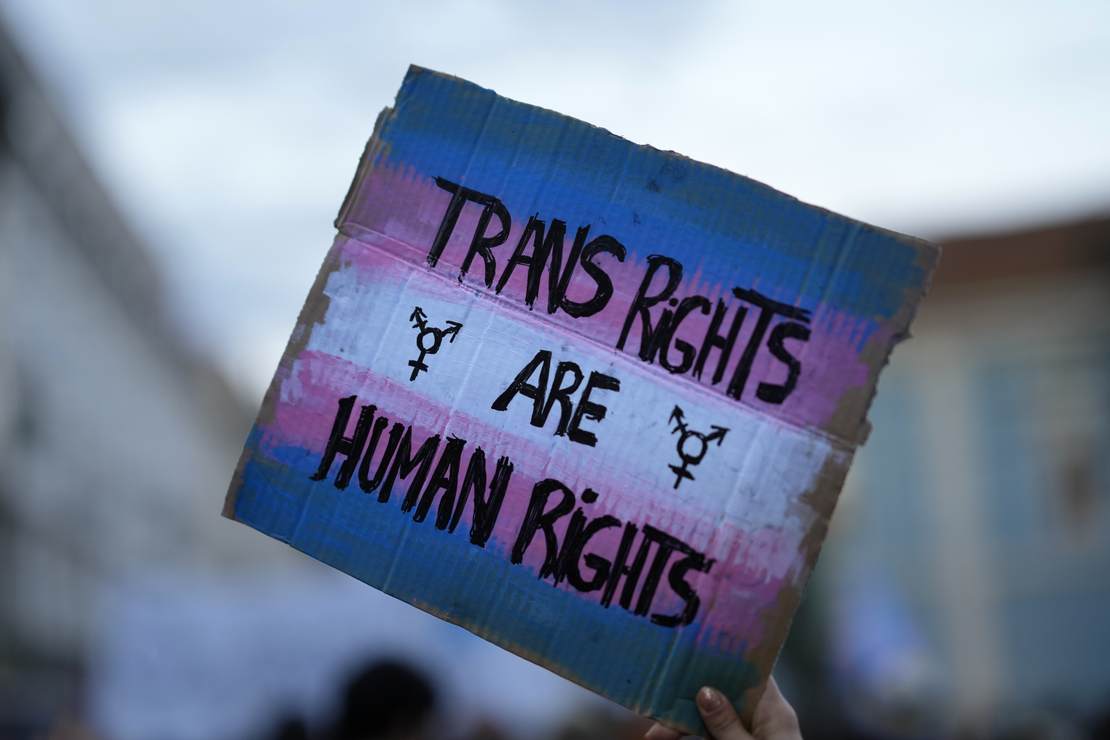My colleague Matt Margolis refers to transgenderism as a “cult.” Indeed, many in the transgender community engage in cult-like behavior, enforcing a deadening intellectual and social conformity on its members that not only breeds obedience but threatens consequences if members of that community transgress.
And one of the biggest no-nos in transgenderism is saying the word “regret” out loud. “People are terrified to do this research,” Dr. Laura Edwards-Leeper, an Oregon clinical psychologist, told Reuters. Indeed, there are very few studies on how many transgendered people detransition, and the resistance to even studying the problem is beyond belief.
Dr. Kinnon MacKinnon, a 37-year-old transgender man and assistant professor of social work at York University, at first believed it was “offensive” to talk about detransitioning. There weren’t enough of those who regretted their decision to make the issue worthy of study.
But MacKinnon changed his mind after he and his team of researchers talked to 40 people who had detransitioned in adulthood after receiving “gender-affirming care” in their teens or early 20s. What he found upended his assumptions about the number of those who detransitioned and their reasons for it.
“Some said they avoided telling their doctors about detransitioning out of embarrassment or shame. Others said their doctors were ill-equipped to help them with the process. Most often, they talked about how transitioning did not address their mental health problems,” noted MacKinnon in the Reuters article.
A Reuters special report on the problems experienced by those who detransition from one gender back to the gender they were born with sheds some light in the very dark corners of the transgender community. And it’s not very flattering.
For this article, Reuters spoke to 17 people who began medical transition as minors and said they now regretted some or all of their transition. Many said they realized only after transitioning that they were homosexual, or they always knew they were lesbian or gay but felt, as adolescents, that it was safer or more desirable to transition to a gender that made them heterosexual. Others said sexual abuse or assault made them want to leave the gender associated with that trauma. Many also said they had autism or mental health issues such as bipolar disorder that complicated their search for identity as teenagers.
Echoing what MacKinnon has found in his work, nearly all of these young people told Reuters that they wished their doctors or therapists had more fully discussed these complicating factors before allowing them to medically transition.
The “gender transitioners” in the United States move too fast in trying to transition confused kids to another gender when their psychological problems may be masking a more serious issue. But the political momentum for these “gender care” physicians has allowed them to set up hundreds of clinics across the United States, staffed by people with dubious credentials, and given some of them the freedom to practice out-and-out quackery in advising and “treating” younger patients.
The suppression of any evidence regarding the reasons transgender people detransition and the stigma attached to any research that contradicts the dominant narrative of happy, healthy transgender kids is successful. Any other conclusion is simply denied.
“These patients are not returning in droves” to detransition, said Dr Marci Bowers, a transgender woman, gender surgeon and president of the World Professional Association for Transgender Health (WPATH), an international group that sets guidelines for transgender care. Patients with regret “are very rare,” she told Reuters. “Highest you’ll find is 1% or 1.5% of any kind of regret.”
Doctors and many transgender people say that focusing on isolated cases of detransitioning and regret endangers hard-won gains for broader recognition of transgender identity and a rapid increase in the availability of gender care that has helped thousands of minors. They argue that as youth gender care has become highly politicized in the United States and other countries, opponents of that care are able to weaponize rare cases of detransition in their efforts to limit or end it altogether, even though major medical groups deem it safe and potentially life-saving.
Would those “major medical groups” find the treatment “safe and potentially life-saving” if they knew that kids weren’t getting the whole story from the gender quacks who are driving the movement to child transitioning?
In his continuing search for detransitioners, MacKinnon spent hours scrolling through TikTok and sifting through online forums where people shared their experiences and found comfort from each other. These forays opened his eyes to the online abuse detransitioners receive – not just the usual anti-transgender attacks, but members of the transgender community telling them to “shut up” and even sending death threats.
How can any research on transgenderism be accepted when even transgendered people violently resist finding the truth? “I can’t think of any other examples where you’re not allowed to speak about your own healthcare experiences if you didn’t have a good outcome,” MacKinnon told Reuters.
And that’s the bottom line. There are no good studies done on how many transgenders detransition and why they do it. And the reason for that is that the transgender community simply doesn’t want to know the truth and refuses to accept it anyway.

